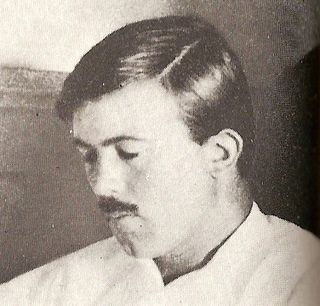A Quote by Cynthia Ozick
Invention despoils observations, insinuation invalidates memory. A stewpot of bad habits, all of it - so that imaginative writers wind up, by and large, a shifty crew, sunk in distortion, misrepresentation, illusion, imposture, fakery.
Related Quotes
We're all just a bundle of habits shaped by our memories. And to the extent that we control our lives, we do so by gradually altering those habits, which is to say the networks of our memory. No lasting joke, or invention, or insight, or work of art was ever produced by an external memory. Not yet, at least.
Modern English, especially written English, is full of bad habits which spread by imitation and which can be avoided if one is willing to take the necessary trouble. If one gets rid of these habits one can think more clearly, and to think clearly is a necessary first step toward political regeneration: so that the fight against bad English is not frivolous and is not the exclusive concern of professional [or scholarly] writers.






































